-
 Bitcoin
Bitcoin $113,297.8971
1.75% -
 Ethereum
Ethereum $2,813.6419
2.01% -
 Tether USDt
Tether USDt $1.0006
0.04% -
 XRP
XRP $2.4943
3.35% -
 BNB
BNB $676.4318
1.15% -
 Solana
Solana $159.0292
1.76% -
 USDC
USDC $0.9996
-0.03% -
 Dogecoin
Dogecoin $0.1856
5.72% -
 TRON
TRON $0.2911
0.45% -
 Cardano
Cardano $0.6516
5.55% -
 Hyperliquid
Hyperliquid $42.6867
4.89% -
 Sui
Sui $3.4146
12.69% -
 Bitcoin Cash
Bitcoin Cash $510.0986
0.21% -
 Chainlink
Chainlink $14.6393
2.93% -
 Stellar
Stellar $0.3007
3.91% -
 UNUS SED LEO
UNUS SED LEO $9.1025
1.18% -
 Avalanche
Avalanche $19.7655
4.08% -
 Hedera
Hedera $0.1812
5.06% -
 Shiba Inu
Shiba Inu $0.0...01280
4.16% -
 Toncoin
Toncoin $2.8931
1.85% -
 Litecoin
Litecoin $92.5035
2.92% -
 Monero
Monero $324.5990
1.46% -
 Polkadot
Polkadot $3.7098
3.14% -
 Dai
Dai $1.0001
0.00% -
 Ethena USDe
Ethena USDe $1.0008
-0.03% -
 Bitget Token
Bitget Token $4.4745
2.28% -
 Uniswap
Uniswap $8.2658
-1.13% -
 Pepe
Pepe $0.0...01156
8.48% -
 Aave
Aave $305.6971
1.18% -
 Pi
Pi $0.4888
4.12%
Explain how a Decentralized Autonomous Organization (DAO) contract works
A DAO enables decentralized decision-making through smart contracts, allowing token holders to propose, vote on, and execute organizational changes without centralized control.
Jul 10, 2025 at 08:07 pm
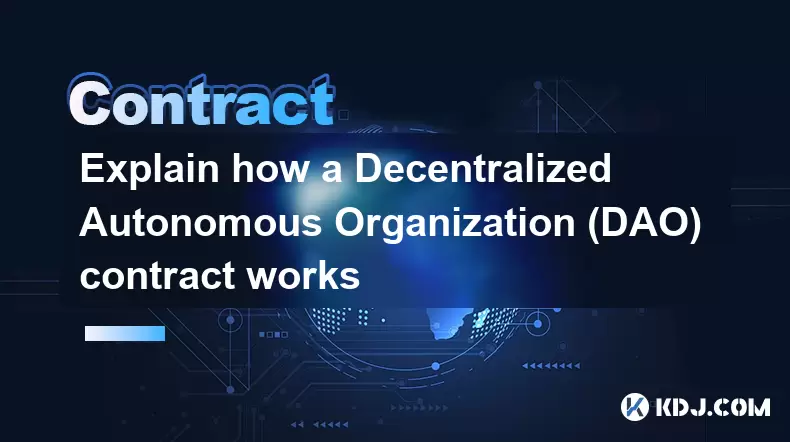
Understanding the Basics of a Decentralized Autonomous Organization (DAO)
A Decentralized Autonomous Organization (DAO) operates without centralized leadership. Instead, it is governed by rules encoded in smart contracts on a blockchain. These smart contracts are self-executing agreements with the terms directly written into code. The structure allows for transparent and trustless governance where decisions are made collectively by stakeholders.
The core principle behind a DAO is to enable decentralized decision-making. Every action taken by the organization must be approved through a voting mechanism. This ensures that no single entity can control the organization unilaterally. Smart contracts play a crucial role in automating these processes, ensuring that once deployed, they execute exactly as programmed without any possibility of downtime, fraud, or third-party interference.
The Role of Smart Contracts in a DAO
Smart contracts serve as the backbone of a DAO's functionality. They define how the organization operates, including how proposals are submitted, how votes are counted, and how funds are managed. When a user interacts with a DAO, they are essentially interacting with one or more smart contracts.
For instance, when a member submits a proposal, they must deposit a certain amount of the DAO’s native token. This token deposit acts as a deterrent against spamming the system with frivolous proposals. Once the proposal period opens, members vote using their tokens. Each token typically represents one vote, making the system directly proportional to token ownership.
After the voting period ends, if the proposal meets the required quorum and receives majority support, the associated smart contract automatically executes the outcome. This could involve transferring funds from the DAO treasury, updating governance parameters, or initiating new projects.
Token Governance and Voting Mechanisms
Token-based governance is central to how a DAO functions. Holders of the organization’s native token have the right to propose changes and vote on existing proposals. This model promotes decentralization by allowing token holders to influence the direction of the organization.
- Proposing Changes: To create a new proposal, a user must lock up a specific number of tokens. This threshold is set by the DAO’s smart contract to ensure only serious proposals are considered.
- Voting Process: Once a proposal is live, users can cast their votes. Votes are recorded on the blockchain, ensuring transparency and immutability.
- Execution: If the proposal passes, the smart contract triggers the necessary actions. If it fails, the locked tokens are returned to the proposer after a cooldown period.
This system ensures that all decisions are made democratically and executed without human intervention. It also prevents manipulation since the rules are enforced by code rather than subjective judgment.
Security and Transparency in DAO Operations
One of the most significant advantages of using smart contracts in a DAO is the inherent security and transparency they provide. Since all transactions and decisions are recorded on the blockchain, every participant can verify the integrity of the process.
- Immutable Records: All votes, proposals, and fund transfers are permanently stored on the blockchain. This makes it nearly impossible to alter past decisions or manipulate data retroactively.
- Permissionless Participation: Anyone with the required tokens can participate in governance. There are no gatekeepers or intermediaries controlling access.
- Trustless Execution: Participants do not need to trust each other or a central authority. The smart contract guarantees that outcomes will be executed as agreed upon.
However, while transparency is a strength, it also exposes potential vulnerabilities. If a flaw exists in the smart contract code, malicious actors may exploit it. Therefore, thorough auditing and testing before deployment are essential to prevent exploits and ensure the long-term viability of the DAO.
Interacting with a DAO: Step-by-Step Guide
To interact with a DAO, users typically use a wallet compatible with the blockchain on which the DAO operates. Below is a detailed walkthrough of the steps involved:
- Connect Your Wallet: Use platforms like MetaMask or Trust Wallet to connect to the DAO interface. Ensure your wallet contains the native token required for participation.
- Browse Proposals: Navigate to the DAO’s governance section to view active proposals. Read through each proposal carefully before deciding to vote.
- Submit a Proposal (Optional): If you wish to suggest a change, navigate to the “Create Proposal” section. Deposit the required number of tokens and outline your idea clearly.
- Vote on Active Proposals: Select the proposal you want to vote on and choose either “For,” “Against,” or “Abstain.” Confirm your transaction through your wallet.
- Monitor Execution: If the proposal passes, watch for its execution. Some DAOs require a timelock before execution to allow for last-minute checks or objections.
Each step involves direct interaction with the underlying smart contracts. Users should always double-check transaction details before confirming to avoid irreversible mistakes.
Risks and Limitations of DAO Contracts
Despite their benefits, DAOs are not without risks. One of the most notable concerns is the inflexibility of smart contracts. Once deployed, changing the rules requires a successful governance vote, which can be time-consuming and contentious.
Additionally, legal ambiguity remains a challenge. Many jurisdictions lack clear regulations for DAOs, leaving them in a gray area legally. This can lead to issues regarding liability, taxation, and enforcement of rights.
Another risk lies in voter apathy. If only a small percentage of token holders participate in governance, decisions may not reflect the broader community’s interests. This can result in centralization of power among large token holders, undermining the decentralized ethos of the organization.
Lastly, while transparency is a benefit, it can also expose sensitive strategies or future plans to competitors or bad actors. Therefore, careful consideration must be given to what information is made public within the DAO ecosystem.
Frequently Asked Questions
What happens if a proposal fails in a DAO?
If a proposal does not meet the required quorum or approval threshold, it is rejected. The proposer may recover their deposited tokens after a specified waiting period, depending on the DAO’s rules.
Can I lose money by participating in a DAO?
Yes, there are financial risks involved. You may lose value if the DAO invests in unsuccessful projects or if the native token depreciates. Additionally, submitting a proposal requires locking up tokens temporarily.
Are DAOs completely autonomous?
While DAOs aim for autonomy, some level of human involvement is still necessary, especially during initial setup, audits, and emergency interventions. However, the goal is to minimize manual oversight over time.
How are disputes resolved in a DAO?
Disputes are typically handled through governance votes. If a controversial issue arises, stakeholders vote on how to proceed. In some cases, arbitration mechanisms or external courts may be referenced, though this varies by DAO design.
Disclaimer:info@kdj.com
The information provided is not trading advice. kdj.com does not assume any responsibility for any investments made based on the information provided in this article. Cryptocurrencies are highly volatile and it is highly recommended that you invest with caution after thorough research!
If you believe that the content used on this website infringes your copyright, please contact us immediately (info@kdj.com) and we will delete it promptly.
- XRP, Axelar, Interoperability: A New Era for Cross-Chain DeFi
- 2025-07-11 02:30:12
- Bazball vs. India: England's Toss Troubles and Tactical Twists
- 2025-07-11 02:50:13
- Memecoins Plunge in 2025: Is This the End of the Hype?
- 2025-07-11 02:30:12
- OpenSea, Mobile, and AI: A New Era for NFT Trading?
- 2025-07-11 02:50:13
- Bitcoin Price Soars to New All-Time High: What's Driving the Surge?
- 2025-07-11 02:55:13
- BlockDAG's Seattle Seawolves & Orcas Deal Fuels Presale Mania: A Home Run for Crypto?
- 2025-07-11 02:55:13
Related knowledge
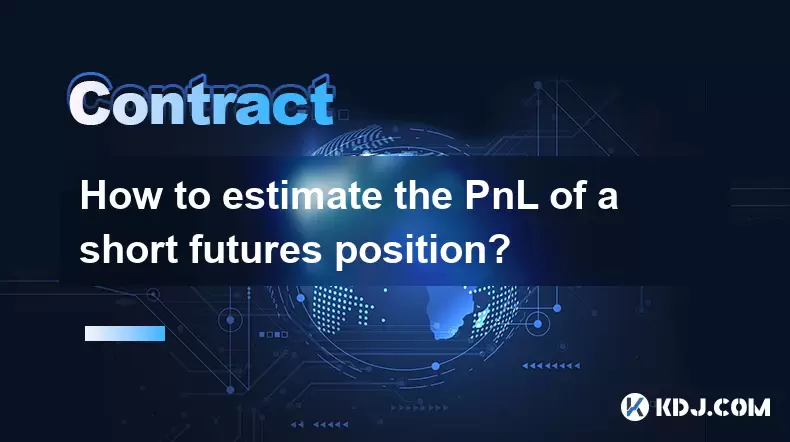
How to estimate the PnL of a short futures position?
Jul 10,2025 at 05:00pm
Understanding the Basics of Futures Trading and PnLIn futures trading, a trader enters into a contract to buy or sell an asset at a predetermined pric...
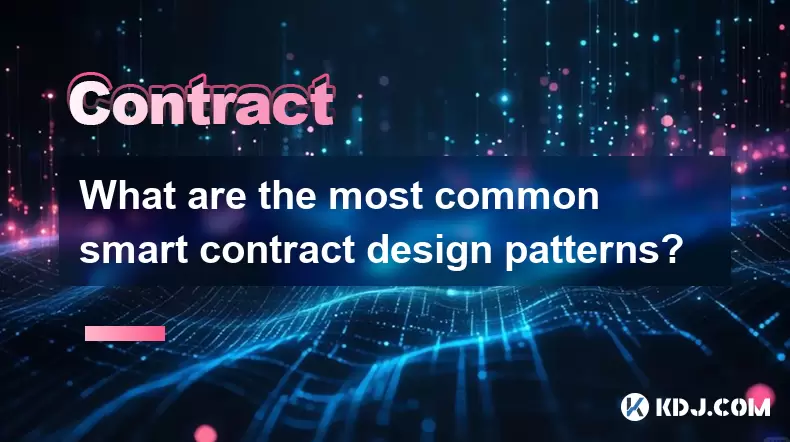
What are the most common smart contract design patterns?
Jul 10,2025 at 09:29pm
Introduction to Smart Contract Design PatternsSmart contract design patterns are standardized solutions to recurring problems encountered during the d...
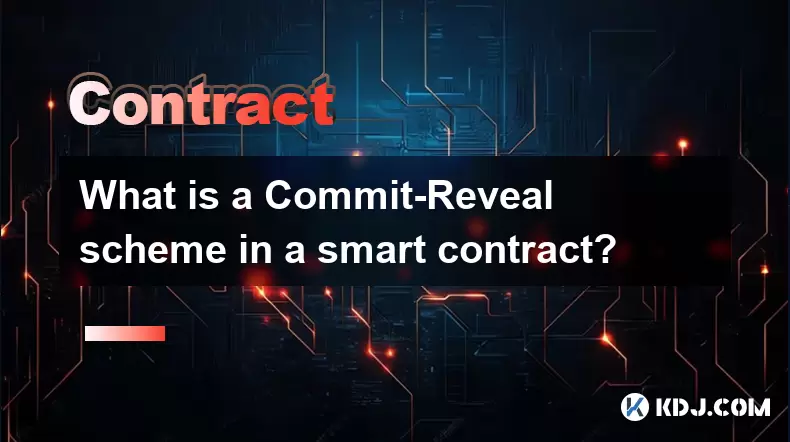
What is a Commit-Reveal scheme in a smart contract?
Jul 10,2025 at 05:22pm
Understanding the Concept of a Commit-Reveal SchemeIn the realm of blockchain and smart contracts, privacy and fairness are often critical concerns, e...
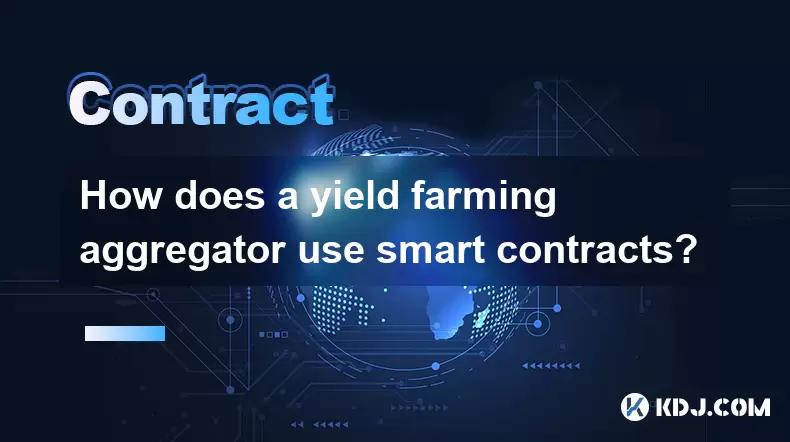
How does a yield farming aggregator use smart contracts?
Jul 11,2025 at 02:49am
Understanding the Role of Smart Contracts in Yield Farming AggregatorsA yield farming aggregator leverages smart contracts to automate and optimize th...
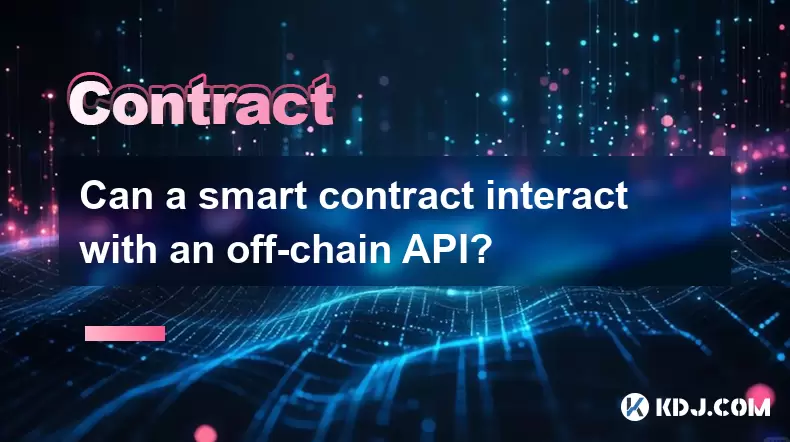
Can a smart contract interact with an off-chain API?
Jul 10,2025 at 09:42pm
What is a Smart Contract?A smart contract is a self-executing contract with the terms of the agreement directly written into lines of code. These cont...
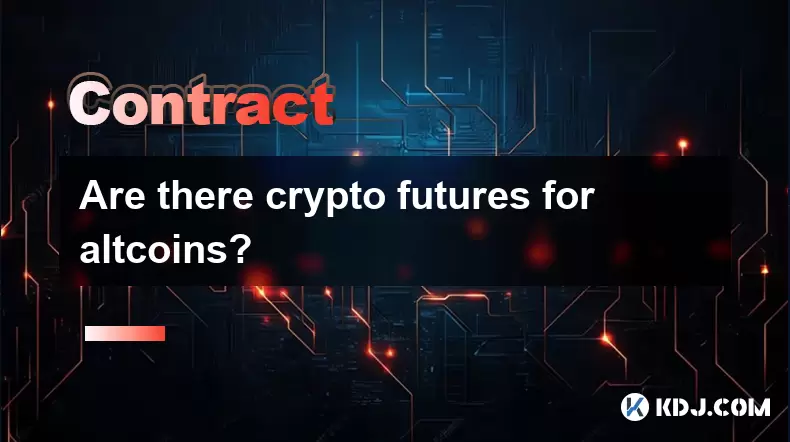
Are there crypto futures for altcoins?
Jul 10,2025 at 11:14pm
What Is a Crypto Faucet and How Does It Work?A crypto faucet is an online platform or application that rewards users with small amounts of cryptocurre...

How to estimate the PnL of a short futures position?
Jul 10,2025 at 05:00pm
Understanding the Basics of Futures Trading and PnLIn futures trading, a trader enters into a contract to buy or sell an asset at a predetermined pric...

What are the most common smart contract design patterns?
Jul 10,2025 at 09:29pm
Introduction to Smart Contract Design PatternsSmart contract design patterns are standardized solutions to recurring problems encountered during the d...

What is a Commit-Reveal scheme in a smart contract?
Jul 10,2025 at 05:22pm
Understanding the Concept of a Commit-Reveal SchemeIn the realm of blockchain and smart contracts, privacy and fairness are often critical concerns, e...

How does a yield farming aggregator use smart contracts?
Jul 11,2025 at 02:49am
Understanding the Role of Smart Contracts in Yield Farming AggregatorsA yield farming aggregator leverages smart contracts to automate and optimize th...

Can a smart contract interact with an off-chain API?
Jul 10,2025 at 09:42pm
What is a Smart Contract?A smart contract is a self-executing contract with the terms of the agreement directly written into lines of code. These cont...

Are there crypto futures for altcoins?
Jul 10,2025 at 11:14pm
What Is a Crypto Faucet and How Does It Work?A crypto faucet is an online platform or application that rewards users with small amounts of cryptocurre...
See all articles





















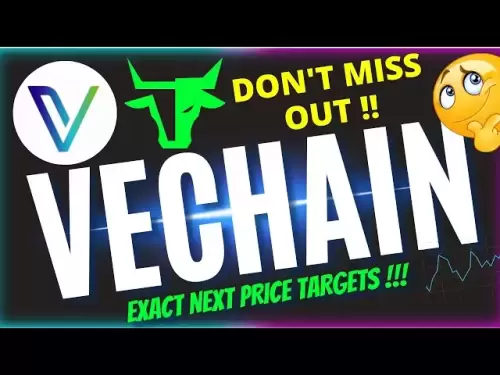

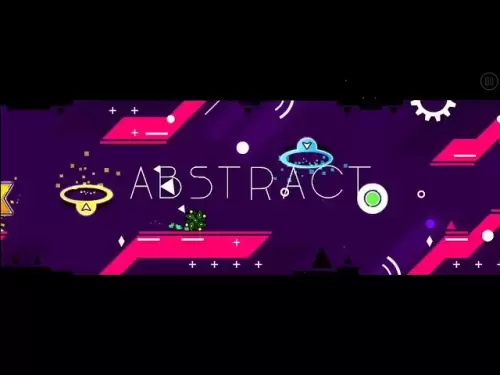


![Bitcoin is about to plummet and get 9-7W long-term short orders [Chainblade’s latest market BTC technical analysis] July 10, 2025 Bitcoin is about to plummet and get 9-7W long-term short orders [Chainblade’s latest market BTC technical analysis] July 10, 2025](/uploads/2025/07/10/cryptocurrencies-news/videos/bitcoin-plummet-w-term-short-chainblade-market-btc-technical-analysis-july/686f8f4c58e52_image_120_90.webp)






























































